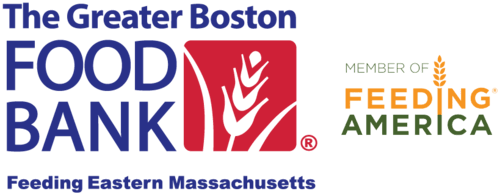Food for thought
This piece originally ran in The Boston Globe. Americans are passionate about food. With television networks, magazines and weekly sections in big-city newspapers dedicated to cooking and fine dining; food trucks vying for space in upscale urban neighborhoods, and foodies from coast to coast waiting with great anticipation for Restaurant Week so that they can experience the trendiest, new place, food is clearly part of our national conversation. But this fascination with gourmet fare is at odds with reality. Nearly 50 million people in America — including 16 million children — are food insecure. This means that kids, the elderly, college students, veterans and working families often don’t know if or when their next meal is coming. A recent milestone here in Massachusetts provides some perspective and underscores just how big of an issue food insecurity has become. Since opening its doors in 1981, The Greater Boston Food Bank has distributed a half-billion pounds of food to those in need through our network of local hunger relief agencies located in 190 Eastern Massachusetts cities and towns. The Food Bank was only able to reach this milestone through the commitment of our team, a dedicated army of volunteers, the support of elected officials, the generosity of individuals and corporations that donate food and funds and the hard work of our 550 partner agencies. Yet despite the capacity to acquire, sort and safely deliver this staggering amount of food, the need is greater than ever, even among the middle class. The Greater Boston Food Bank currently supplies 45 million pounds of food each year — approximately 10 million pounds less than it will take to provide one meal a day to all those who don’t have access to nutritious food. Not three meals a day, just one meal a day. Though it seems daunting, we know how to solve this problem. But it will take sustained contributions and broader recognition that hunger and food insecurity are affecting more than just the poor and working poor. Every day we see the new faces of hunger — middle-class families who make too much money to qualify for government assistance, but not enough to put food on the table. With rising costs and decreasing wages, these families constantly wrestle with difficult decisions. Do they pay their medical bills or buy gas? Cover their rent or purchase food? Providing food to those who are hungry is simple, it’s just not easy. We’re not suggesting that anyone forgo their daily latte or skip lunch at the newest gastropub in town. But we do encourage our local connoisseurs to dish out a little time, money or food for our neighbors in need. -Catherine D’Amato, President and CEO of The Greater Boston Food Bank
